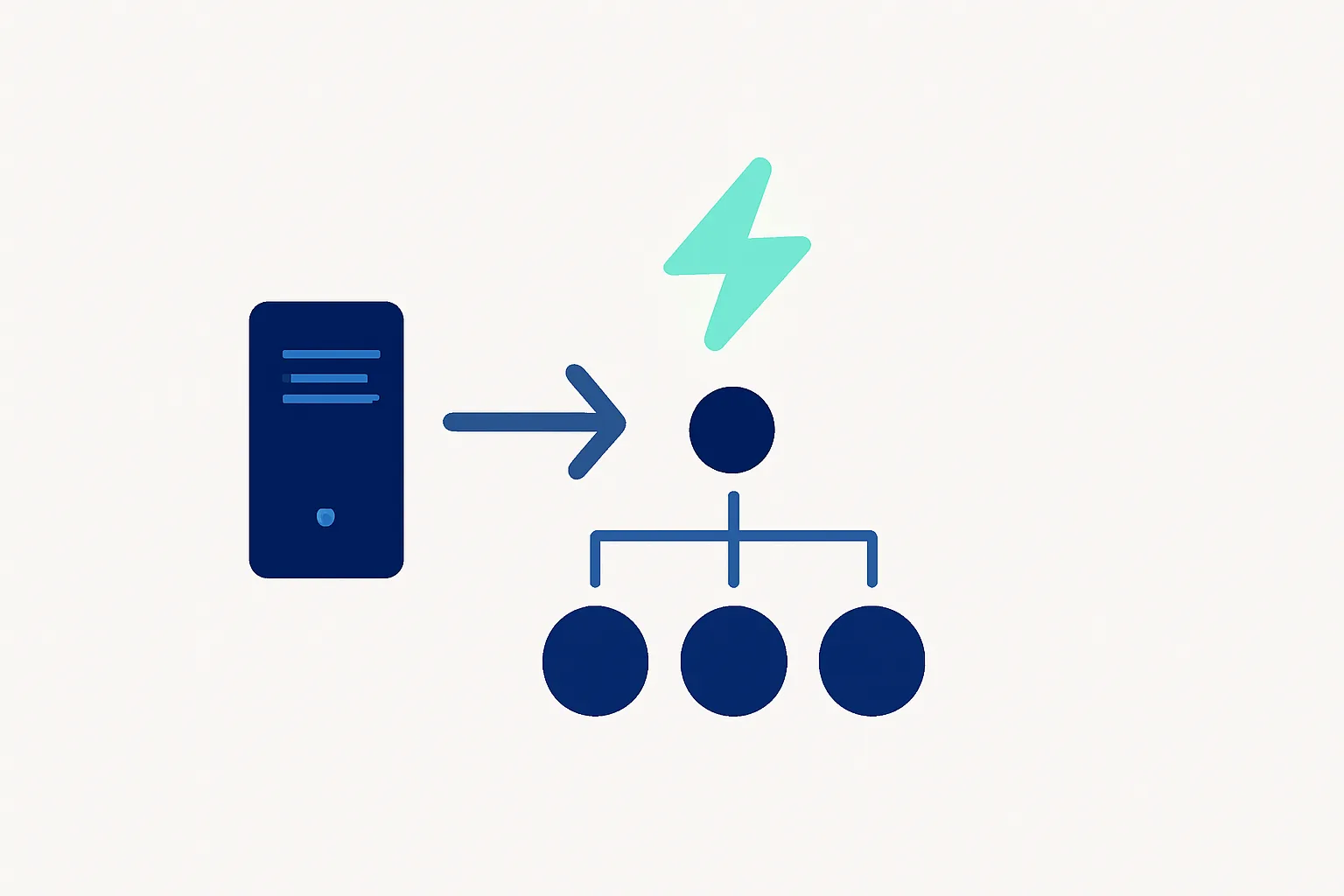Learn what PHP-FPM is, how it works, and why it powers most modern PHP websites. This beginner-friendly guide explains PHP-FPM in simple terms with real examples.
What is PHP-FPM? (Quick Answer)
PHP-FPM (FastCGI Process Manager) is a way to run PHP websites that makes them much faster and more efficient. Think of it as a smart manager that handles PHP requests for your website.
Instead of starting fresh every time someone visits your site, PHP-FPM keeps PHP ready and waiting. It’s like having a team of workers standing by instead of hiring new ones for each task.
In simple terms: PHP-FPM = Faster PHP websites with better resource management.
The Problem PHP-FPM Solves
The Old Way (CGI): Slow and Inefficient
Imagine a restaurant that:
- Hires a chef when a customer orders
- The chef cooks one meal
- The chef is fired after cooking
- Repeat for every order
That’s how old PHP (CGI) worked – terribly inefficient!
The Smart Way (PHP-FPM): Fast and Efficient
Now imagine a restaurant that:
- Has chefs always ready in the kitchen
- Chefs handle multiple orders
- More chefs join during rush hours
- Fewer chefs during quiet times
That’s PHP-FPM – smart and efficient!
PHP-FPM vs Other PHP Handlers
| Feature | PHP-FPM | mod_php | CGI | FastCGI |
|---|---|---|---|---|
| Speed | ⚡ Fast | ⚡ Fast | 🐌 Slow | ⚡ Fast |
| Memory Usage | ✅ Efficient | ❌ Heavy | ✅ Light | ✅ Efficient |
| Works with Nginx | ✅ Yes | ❌ No | ✅ Yes | ✅ Yes |
| Process Management | ✅ Advanced | ❌ Basic | ❌ None | ⚠️ Basic |
| Security | ✅ Excellent | ❌ Poor | ✅ Good | ✅ Good |
| Best For | Most sites | Simple sites | Legacy | Basic needs |
Frequently Asked Questions
Is PHP-FPM the same as FastCGI?
No. FastCGI is the protocol, PHP-FPM is PHP’s implementation of that protocol with advanced process management capabilities.
How does PHP-FPM manage workers automatically?
PHP-FPM uses a master process that monitors traffic and spawns/kills worker processes based on your configuration. When traffic increases, it creates new workers up to pm.max_children. When traffic decreases, it kills idle workers down to pm.min_spare_servers. This happens automatically without any intervention.
What happens when all PHP-FPM workers are busy?
When all workers are busy, new requests are queued in a listen queue. If the queue fills up (default 511 connections), visitors get a “502 Bad Gateway” error. You can monitor this with the error “server reached pm.max_children setting” in logs.
Is PHP-FPM secure?
Yes, when configured properly. PHP-FPM offers better security isolation than mod_php through process isolation and the ability to run different pools as different users.
How much RAM does PHP-FPM need?
It depends on your traffic. Small sites need about 256MB, medium sites require around 1GB, and large sites typically need 2GB or more.
Conclusion
PHP-FPM is the modern standard for running PHP applications because it:
- Makes websites significantly faster
- Uses server resources efficiently
- Scales automatically with traffic
- Provides better security isolation
- Works with all modern web servers
Whether you’re running WordPress, Laravel, or custom PHP applications, PHP-FPM is likely the best choice for optimal performance.


